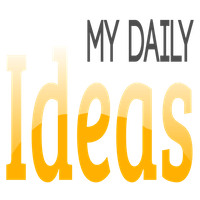Solve This Puzzle Before You Can See the Page
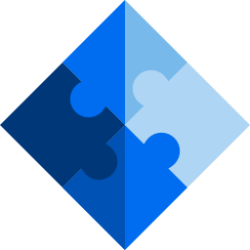
Why?
A new way of letting the reader make a commitment so he will be more inclined to read and pay attention.
How?
A web page (sales letter) that – when first visiting – looks like a jigsaw puzzle. The viewer has to complete the puzzle (it should be very easy) and only then it becomes a regular web page.
How to Launch a New Product With a Storm of Micro Communication Bits

Why?
Get better attention without asking too much from the subscriber.
How?
Break launch email sequence into many small email messages, one or two sentences each (and maybe an image.) Each should do three things: 1. Be very short and easy to consume. 2. Make sense and build your case for your product (tell a story, give useful information and tips, etc.) 3. Have a cliffhanger, so the subscriber will anticipate the next one.
Different Photo Sequence Depending on the Viewer
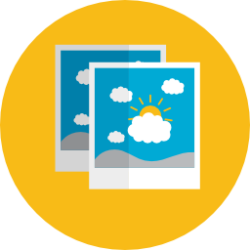
Why?
It’s a gimmick that makes the viewing more enjoyable and can help sell the best print for the viewer.
How?
Before showing the sequence of photos, ask one (or more) qualifying questions. Depending on the answers the viewer will see a different sequence of the pictures. The objective is to first, help them have a better experience that is more suited for them. Second, to make the best lasting impression and have a higher chance of them buying a print. This can be done online or in a gallery.
Two Dimensional One Page Web Site
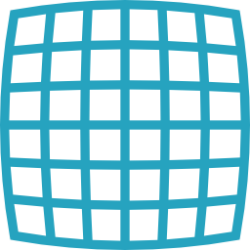
Why?
The “one-page” website, where you move (scroll) from “page” to “page” on the same page by clicking, is very popular nowadays. These are all done by scrolling vertically, and sometimes it takes long and looks disorienting.
How?
Have this mechanism working both vertically and horizontally. This way you can minimize long scrolling.
I Am Missing… Journal
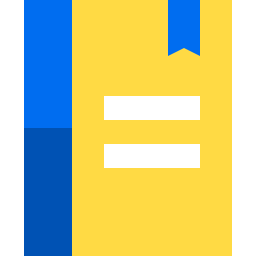
Why?
See if there is something you miss that is still important and can be replaced.
How?
Every day write what are the things you are missing that day. Don’t make an exhaustive list daily, only the things that naturally occur to you during the day.
